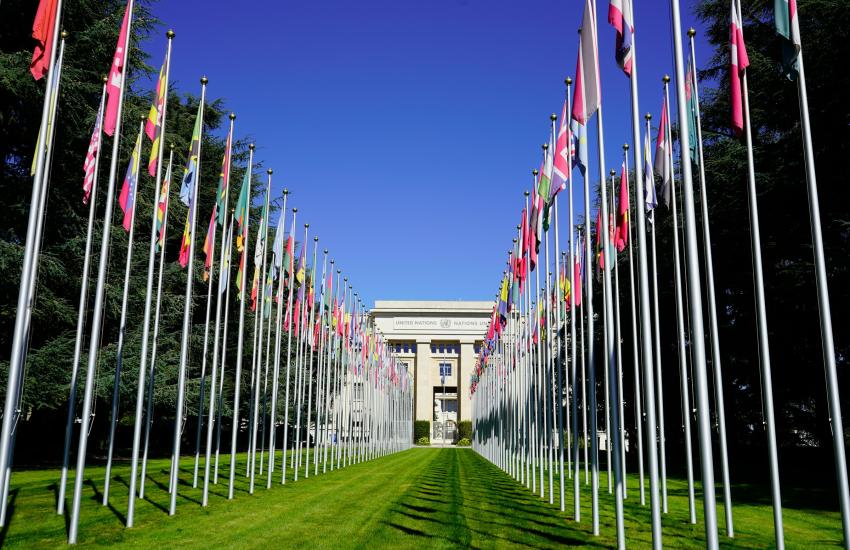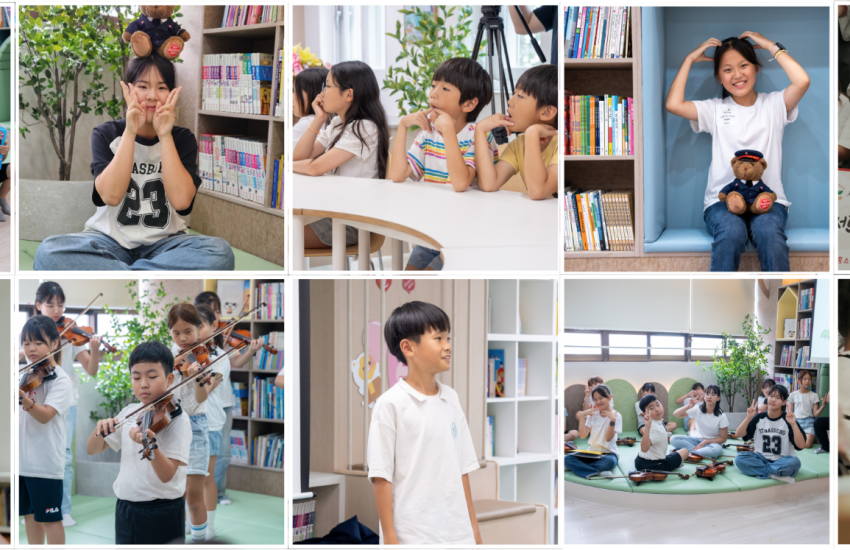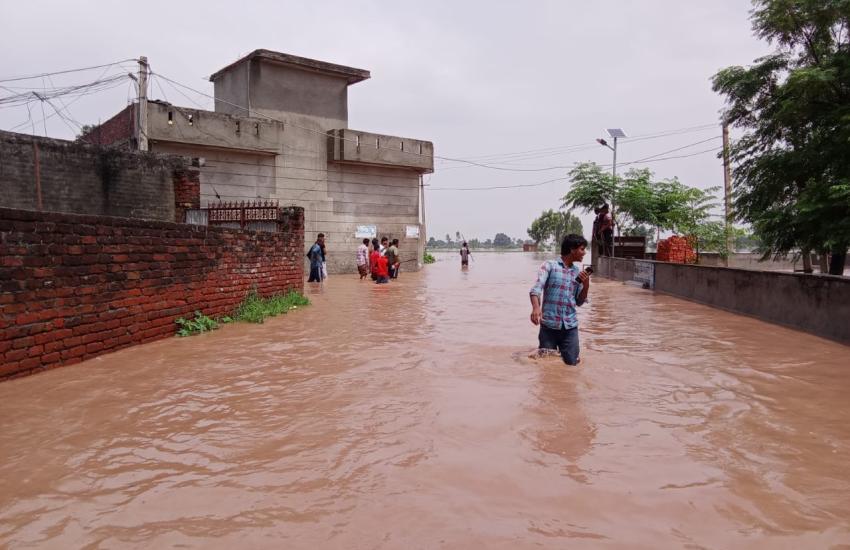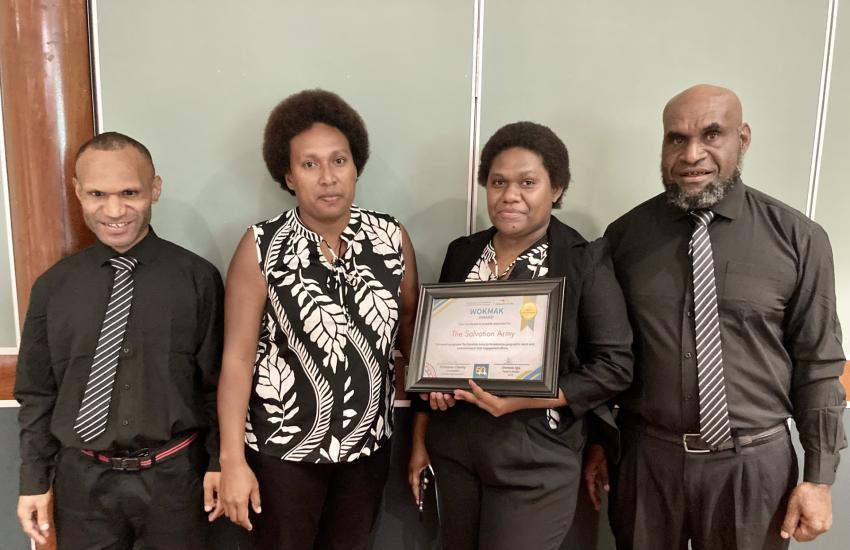Major Cedric Hills (International Emergency Services Coordinator) recently returned from an assessment visit to Kenya, where a severe drought has resulted in widespread crop failure and famine. Here he reports on the shortage of a commodity that many people take for granted.
In my country (the UK) when I leave home and step into a downpour it is an inconvenience. I’ve just returned from a part of the world where such an event would be like manna from heaven! Five consecutive rain failures during the last three years have resulted in an emergency situation, with 3.5 million people in Kenya alone in need of emergency help.
I travelled to Kenya ready to respond to the terrible famine impacting the country. As an emergency worker, distributing food is one of the common responses to hunger and something I have done often. More recently my eyes have been opened to a much more serious problem – hunger might be the symptom, but drought is the ‘disease’.
We visited five of the 25 districts currently included in the Kenya Government's official emergency operation. Each had its own story but the same themes ran through them all – cattle are dying, crops are failing and people are struggling. Water is essential to sustaining life.
At a primary school in Kithimani I was asked by Mr Raphael, the headmaster, if I would like to go and see their water source. He took me into the bush where I came to a steep hillside. We looked into the valley and saw a young woman standing by a hole. I struggled down the bank – I hadn’t come with hiking boots and the climb was pretty scary!
At the foot of the hill I found Pauline. She was rather frightened at first. The sight of a musungu (white man) struggling down the bank had attracted the attention of a large crowd of screaming school children. I reassured her that I meant no harm and just wanted to chat with her. I discovered she had two children, aged 10 and five. She had walked half a kilometre to this water ‘hole’.
In a country where many miles are often covered to reach a water source this might not seem so bad but Pauline had been there three times already on the day I met her. The first visit was at 4 am, when she had joined the queue of women hoping to draw water. When her turn came, she had stood in the hole, waiting for water to slowly drain from the ground. The water was grey and dirty.
For 45 minutes she scooped water until she had sufficient in her jerrycan before making the difficult climb up the bank and the journey home again. The water looked awful – I wouldn’t drink it! Yet Pauline told me she and her family had no choice but to drink it. Tomorrow, the next day and the day after that she will return to the foot of the bank to join the queue, competing with others in the community and the wild animals of the neighbourhood to try to get water.
I was shocked and upset to see this young woman desperately searching for something that I take for granted. But it was Mr Raphael’s comment that really hit home: ‘She would rather have water than gold.'
Support for The Salvation Army’s Sub-Saharan Africa Famine Appeal means we can start installing water tanks at strategic locations – schools, market squares, clinics and health centres. In partnership with the Government’s district commissioners we will assist in the tankering operation needed to keep such tanks filled. With proper guttering and pipes in place, these tanks will also be used to ‘harvest’ any rain that might fall if the short rains come in March and April.
But our assistance is just a ‘drop in the ocean’ and there’s much more to do. Every donation to the appeal will give The Salvation Army more opportunities to help people like Pauline.





